Kids should not be banned from attending a school just because they live on a different side of the street. It’s time to remove the lines created by politicians that prevent students from learning together.
In the United States, students are assigned to public schools via the practice of residential school assignment. This practice establishes zones of attendance for public schools in which all students must attend the school to which they are zoned. Residential assignment was practiced heavily in the 1900s, during times of increased racial segregation and discrimination. As such, residential assignment zones often correspond to districts that were “redlined”.
Redlining originated in the 1920s when the U.S. Government created color-coded maps to determine which neighborhoods would qualify for government-insured mortgages. Neighborhoods marked in red, which were often predominantly Black, were deemed unworthy and denied access to the loans. In these “redlined” neighborhoods, property values stayed low.
Redlining’s impact on property values affects the current practice of residential school assignment because property values are directly correlated to school ratings. Highly rated schools increase the value of properties within their assignment zone. The owners of these properties pay higher property taxes, caused by their inflated home values, which fund their respective assigned. Residential assignment laws often remain in place because of this cycle’s self-reinforcing nature.
By assigning students to schools based on their home address, we rob students of an education that best fits them.
Strong public school access (also known as open enrollment) policies are necessary to fix this problem. By making sure that families have the freedom to find the right schools for their kids regardless of their zip code, families can access the educational opportunities that work best for them.
It is time for policymakers to take a strong stance on opening up public school access and breaking down barriers for all families. Every kid deserves access to education that prepares them for success in life, so we must work towards a system that gives them this vital opportunity. At yes. every kid. foundation., we’re committed to promoting public school access and advocating for a just education system that benefits all students.
No more lines today. No more lines tomorrow. No more lines ever again.
